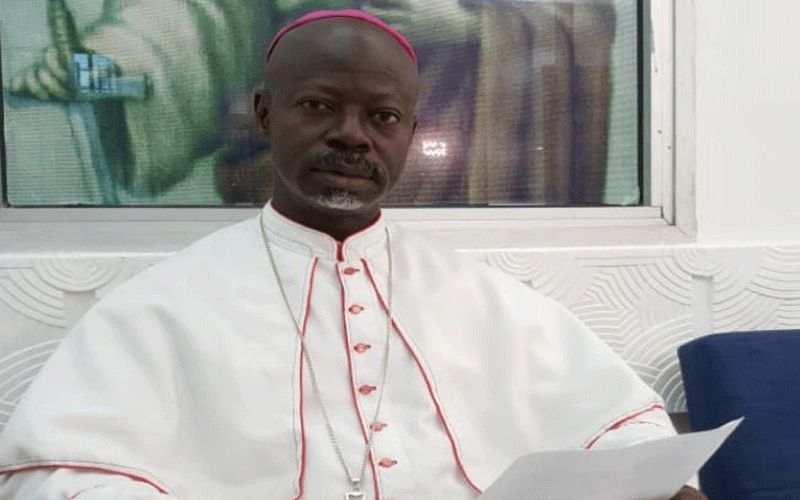Mouila, 11 December, 2019 / 10:33 pm (ACI Africa).
As Catholics around the world entered into the second week of the new liturgical year, preparing for the celebration of the birth of Jesus Christ and for his second coming, a Bishop in Gabon has, in a message of the Advent Season, made a distress call expressing concerns about the political and economic situation of the West African nation and urged citizens including the political leaders not to sell their motherland for selfish interests.
“Never mortgage "our common home", our motherland; do not skin it, do not sell it, but protect our motherland. Selling the entire motherland and/or skinning it for the sale of its parts is a seriously reprehensible act of high treason, it is the most abject of decisions, the most unfortunate of all businesses,” Bishop Mathieu Madega Lebouakehan of Gabon’s Mouila diocese who is at the helm of Bishops’ Conference said in a statement read in all parishes Sunday, December 8.
“The sale or mortgage of the motherland is worse than slavery. We can only skin and/or sell the Mother if and only if we are not a true child of the Mother, or if we are a very unworthy child of this Mother,” Bishop Madega remarked in his statement and urged all in his diocese to “be true and very worthy children of Gabon, ''our common home'', our only Motherland, our Country.”
According to the Prelate, "It is urgent to secure both the territory and the population, and the institutionalized power. This is the beautiful and imperative role of the institutionalized power itself. For if at least one of these three elements is neglected or distorted, or if it undergoes a degradation, then a state decay becomes predictable, even inevitable."
Gabon has been the scene of political uncertainty in recent times after President Ali Bongo suffered a stroke in October 2018 while in Saudi Arabia.








